-
특검, 윤석열 사형 구형…윤 "내란 몰이 먹잇감 돼"재생
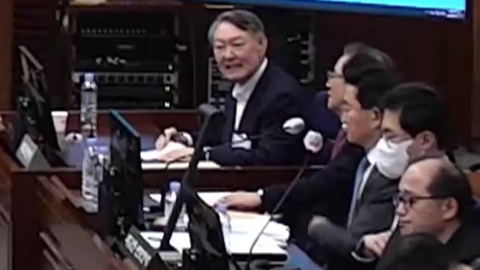
- "기사 쪼가리 몇 개로 탄핵"…윤석열 측 또 궤변
- 김용현에 무기징역 구형…"국민 아닌 윤석열에 충성"
- 특검 "전두환 보다 엄정히 단죄"…417호 법정에서 또 사형구형
-
단독 경찰, 김병기 아파트 CCTV 확보 시도…’같은 라인’ 구의원 조사?재생
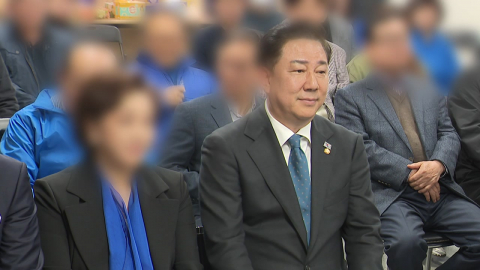
- "탈당은 사형선고" 버티는 김병기…당심은 ’싸늘’
- 손잡은 장동혁-이준석…’특검 연대’ 공동전선 본격화
- ’1억 의혹’ 강선우 통신영장…김경 조만간 재소환
-
서울 시내버스 파업 첫날…퇴근길 시민들 ’발 동동’재생
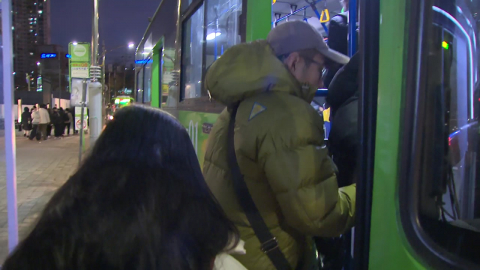
-
서울 시내버스 노조가 무기한 파업에 들어간 첫날, 출퇴근길 시민들 발이 묶여 불편을 겪었습니다. 오늘(14일) 출근길 역시 차질이 불가피한 가운데, 노사가 오후에 협상 재개에 나섭니다. 양일혁 기자가 보도합니다. [기자] 퇴근길 마을버스를 기다리는 시민들이 길게 줄을 섰습니다. 시내버스가 파업으로 운행을 멈추자 차선책으로 집에 가는 길을 찾아 나선 겁니다. 평소보다 훨씬 오래 걸리는 퇴근길, 집에 언제쯤 도착할 수 있을지 가늠하기 어렵습니다. [김묘수 / 서울 남가좌동 : 평소에는 지금 6시에 퇴근하면은 6시 50분쯤 도착을 하는데 오늘은 7시 반은 돼야 집에 도착하지 않을까….] 지하철로 승객이 몰릴 거로 예상해 평소보다 서둘러 퇴근길에 나선 시민들 모습도 보입니다. [조위환 / 서울 고척동 : 퇴근 시간이 원래 6시인데요. 4시쯤에 일찍 1시간 20분 정도 일찍 하게 됐어요. 늦게 나오면은 사람들이 몰리면 더 집에 가기가 복잡할 것 같아서….] 퇴근길 뿐 아니라 정기적으로 다니던 병원으로 가는 길도 험난하긴 마찬가지. 버스가 운행을 멈추면서 다른 수단으로 돌아 돌아 가다 보니 예약 시간을 훌쩍 넘겼습니다. [장유식 / 서울 관악구 신사동 : 버스 두 번 타면 40분이면 가는데 지금 버스가 안 다녀서 걸어 한참 걸어가서 전철을 타고 돌아가는 길이에요. 1시간 더 걸릴 것 같아요.] 파업 첫날 서울 시내버스는 전체 7천여 대 가운데 6.8%인 478대, 전체 395개 노선 가운데 32.7%만 운행했습니다. 평소 버스를 타던 승객들이 지하철로 향하면서 주요 역사는 평소 퇴근길보다 10% 이상, 많게는 30% 넘게 이용객들이 몰려 큰 혼잡이 빚어졌습니다. 서울시는 출퇴근길 혼잡시간을 비롯해 막차 시간을 한 시간 연장하는 등 비상수송대책을 실시했습니다. 경기도 역시 파업 노선과 유사한 도내 버스 노선과 마을버스 운행을 늘려 파업에 대비했습니다. 이런 가운데, 서울 시내버스 노사가 임금인상안을 놓고 다시 협상에 나서기로 해 결과에 따라 파업 여부가 판가름날 전망입니다. YTN 양일혁 입니다. 영상취재 : 이영재, 박진우 디자인: 정하림 ※ ’당신의 제보가 뉴스가 됩니다’ [카카오톡] YTN 검색해 채널 추가 [전화] 02-398-8585 [메일] social@ytn.co.kr
실시간 이슈
에디터 추천뉴스
-
재생
 단독 '충격' 귀화 절차 모르고, 부모에게도 비용 청구
단독 '충격' 귀화 절차 모르고, 부모에게도 비용 청구 -
재생
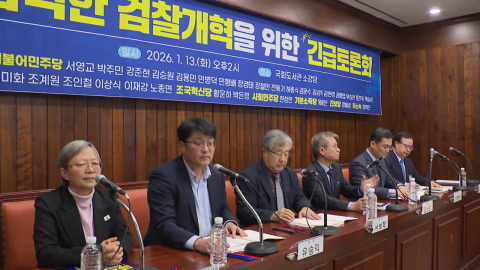 검찰개혁 자문위원 줄사퇴…중수청·공소청법 후폭풍
검찰개혁 자문위원 줄사퇴…중수청·공소청법 후폭풍 -
재생
![[날씨] 한낮에도 체감 -10℃…"내일 아침 더 춥다"](https://image.ytn.co.kr/general/jpg/2026/0113/202601131805037348_h.jpg) [날씨] 한낮에도 체감 -10℃…"내일 아침 더 춥다"
[날씨] 한낮에도 체감 -10℃…"내일 아침 더 춥다" -
재생
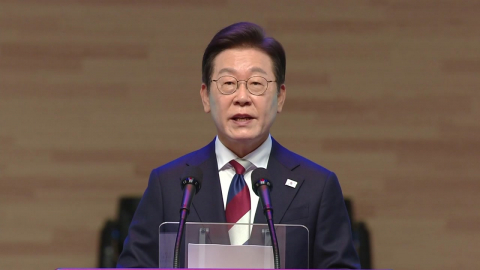 9·19 군사합의 복원 가시화?…"다양한 방안 검토"
9·19 군사합의 복원 가시화?…"다양한 방안 검토" -
재생
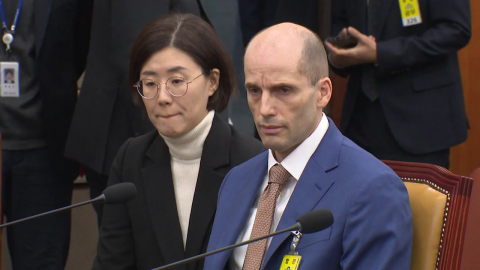 로저스 쿠팡 대표, 이미 해외로…경찰 "조사 일정 조율 중"
로저스 쿠팡 대표, 이미 해외로…경찰 "조사 일정 조율 중" -
재생
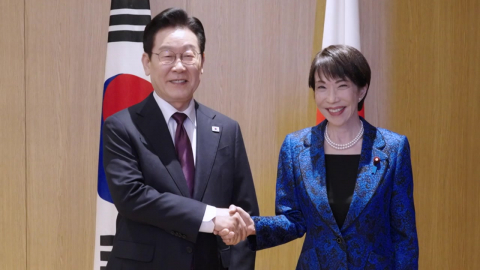 다카이치, 이 대통령 ’파격’ 숙소 영접…한국말 인사도
다카이치, 이 대통령 ’파격’ 숙소 영접…한국말 인사도 -
재생
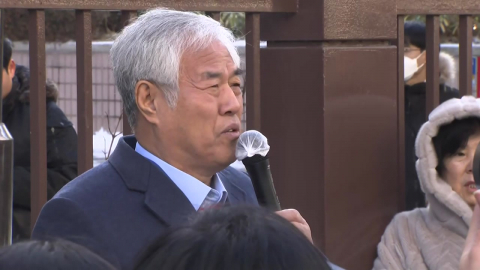 ’서부지법 폭동 배후 의혹’ 전광훈 구속…"증거인멸 염려"
’서부지법 폭동 배후 의혹’ 전광훈 구속…"증거인멸 염려" -
재생
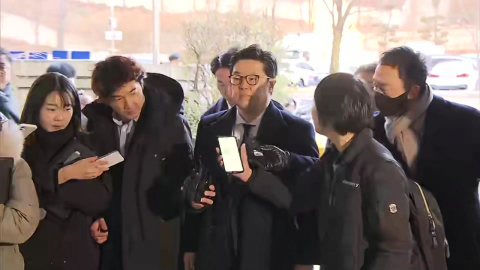 ’홈플러스 사태’ MBK 김병주 구속 기로…’묵묵부답’
’홈플러스 사태’ MBK 김병주 구속 기로…’묵묵부답’ -
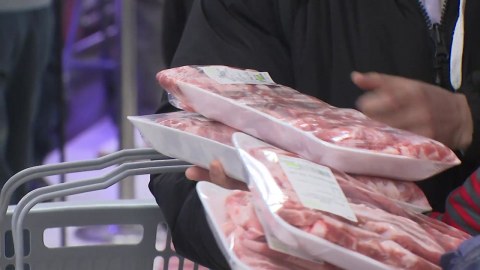 ’비계 삼겹살’ 논란 막는다…삼겹살, 앞삼겹·뒷삼겹·돈차돌로 구분
’비계 삼겹살’ 논란 막는다…삼겹살, 앞삼겹·뒷삼겹·돈차돌로 구분 -
재생
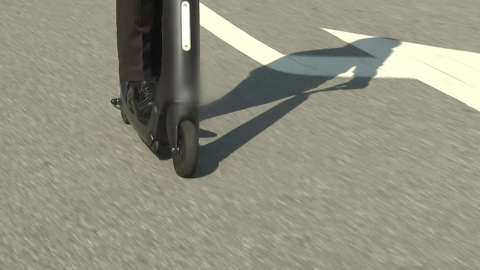 ’무면허 운전 방조’ 전동킥보드 업체 첫 송치…처벌은 ’미약’
’무면허 운전 방조’ 전동킥보드 업체 첫 송치…처벌은 ’미약’ -
재생
 "갱년기 영양제라며?"…루바브 일반식품 기능성분 ’제로’
"갱년기 영양제라며?"…루바브 일반식품 기능성분 ’제로’ -
 ’그린란드 51번째 주 편입’ 법안 미 하원에서 발의
’그린란드 51번째 주 편입’ 법안 미 하원에서 발의
많이 본 뉴스
- 1 [속보] 국민의힘 윤리위, 한동훈 전 대표 '제명' 결정
- 2 특검, 윤석열 사형 구형...윤 "내란 몰이 먹잇감 돼"
- 3 "6시간 근무, 월 180만 원"...국세청, 체납관리 요원 대거 채용
- 4 [속보] '내란 혐의' 윤석열 전 대통령, 최후 진술 시작
- 5 [단독] 경찰, 김병기 아파트 CCTV 확보 시도...’같은 라인’ 구의원 조사?
- 6 "李 아들들 군 면제" 글 썼던 이수정...벌금 5백만원 구형
- 7 [속보] 내란 특검, 윤석열 전 대통령에 사형 구형
- 8 특검, 윤석열 사형 구형..."전두환보다 엄정히 단죄해야"
- 9 [속보] ’파업 돌입’ 서울 시내버스 노사 내일 협상 재개
- 10 [단독] '충격' 귀화 절차 모르고, 부모에게도 비용 청구



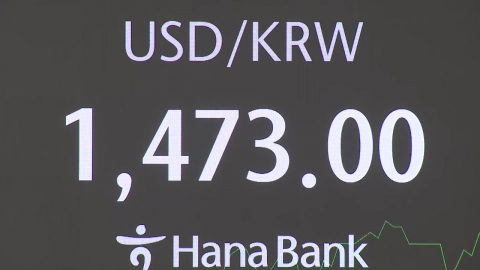
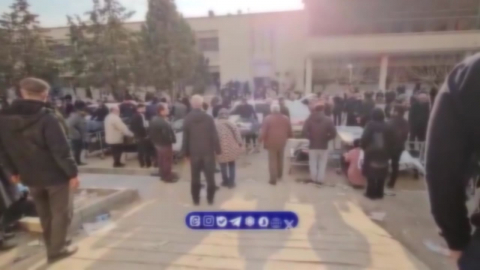



![[Y터뷰] "늘 낭떠러지에 선 기분"…50대 '언더독' 권상우의 목표](https://image.ytn.co.kr/general/jpg/2026/0113/202601131620584468_h.jpg)
![[Y현장] 설레는 케미, 아름다운 영상미…김선호·고윤정의 만남 '이사통'(종합)](https://image.ytn.co.kr/general/jpg/2026/0113/202601131227351419_h.jpg)





